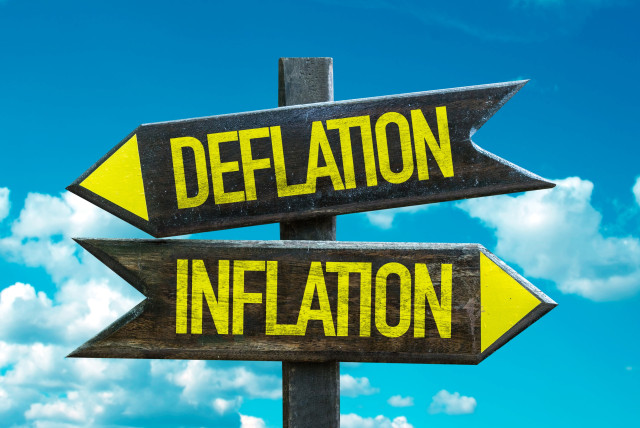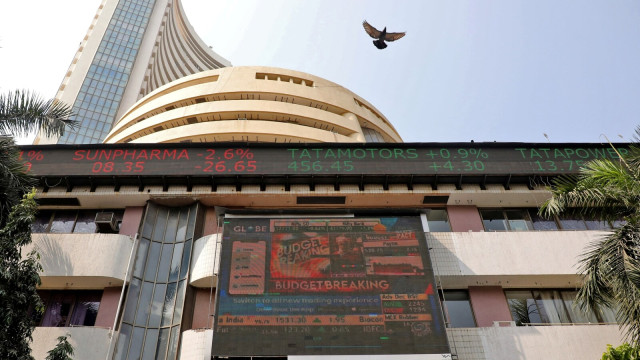China's Economy Faces Fragile Growth as Inflation Stalls and Deflation Persists
- Posted on October 13, 2023
- Economy
- By Arijit Dutta
- 519 Views
China's consumer inflation rate surprised experts in September by remaining stagnant, while factory-gate deflation continued to persist. This indicates that the Chinese economy's path to growth is still precarious, necessitating additional support.
 Image Source -www.inventiva.co.in
Image Source -www.inventiva.co.in
China's consumer
inflation rate surprised experts in September by remaining stagnant, while
factory-gate deflation continued to persist. This indicates that the Chinese
economy's path to growth is still precarious, necessitating additional support.
According to the
National Bureau of Statistics, the consumer price index (CPI) showed no change
compared to the same period last year. This outcome fell short of expectations
for a slight increase and brought it closer to the deflationary level seen in
July. The core CPI, which excludes volatile food and energy costs, rose by
0.8%, mirroring the August figure. Producer prices decreased by 2.5%, although
the decline was slightly less severe than the previous month.
Zhaopeng Xing, a
senior China strategist at the Australia & New Zealand Banking Group Ltd.,
commented on the data, stating that "September inflation data came out
below consensus, suggesting a long way to go for the PBOC's fight against
deflation." The Chinese government has introduced numerous
counter-cyclical measures to boost domestic demand, but consumer confidence
remains fragile.
While China's economy
has shown signs of stabilization in recent weeks, concerns linger about the
recovery due to issues like the ongoing property crisis and waning sentiment.
During the recent Golden Week holiday period, Chinese consumers traveled and spent
less than expected. Lukewarm home sales have also raised concerns about the
need for further measures to bolster growth.
As a result of these
concerns, Chinese stocks declined in early trading, with the Hang Seng China
Enterprises Index losing as much as 1.9%. The onshore benchmark CSI 300 Index
of stocks also fell nearly 1%.
Dong Lijuan, chief
statistician at the NBS, suggested that the slower growth in food prices during
Golden Week may have contributed to the flat CPI. She also mentioned a high
base of comparison with last year as a reason for the CPI's lack of growth.
Zhiwei Zhang, president and chief economist at Pinpoint Asset Management, emphasized the ongoing deflationary risk in China, stating that "CPI inflation at zero indicates the deflationary pressure in China is still a real risk to the economy." He added that the recovery of domestic demand remains weak without significant fiscal support.
Also Read: Intense Rivalry And Record-Breaking Performances Set Stage For India-Pakistan Clash In ICC World
The government has considered raising its budget deficit for the year to spend more on infrastructure in an effort to stimulate the economy and achieve an official growth target of about 5%. Economists anticipate further measures, including a potential cut to policy rates, before the end of 2023. However, these actions may be constrained by future moves from the Federal Reserve. The U.S. has seen consumer prices rise, reinforcing the Fed's commitment to keeping interest rates high to combat inflation.
The IMF recently lowered its growth forecast for China, citing declines in real estate investment, housing prices, and weak consumer sentiment as key factors. Additional data expected next week, such as gross domestic product figures and indicators on retail sales, industrial output, and unemployment, will provide further insights into the state of China's economy in the third quarter.




